[purchase]
Dillard & Clark: Out On The Side
It's amazing what learning an instrument will do for your appreciation of good music. I can't explain the feeling of discovering a brilliant chord progression, but when you love a song, pick up the guitar and figure out what the chords are; you just might figure out why you love it.
Gene Clark is one of my favorite songwriters (and my number one man crush). His songs get me so good because they are based on traditional folk and country progressions, but taken to the next level. The use of relative minor and II and III chords distinguishes his tunes from classic I-IV-V stuff, but they seldom feel complicated. He sticks to his roots with the perfect amount of new flavor.
Out On The Side from Fantastic Expedition just kills me... Starts on the II (F#m) chord and, interestingly, almost every line ends on the I chord (E). When they switch to the descending A - G - E (IV - bIII - I), it sounds definitively 'Gene Clark' to me. Hangs on the E to a tension-building F#m just before the classic A - B - E (IV - V - I) hook on "out on the side," providing satisfying closure to this moving progression.
Out On The Side
by Gene Clark
(Lyrics and chords available at geneclark.com)
F#m A F#m A G#m E And there could be at any moment a change F#m A E And if perhaps to put us down F#m A G#m E I won't act like I've seen something strange F#m A E Maybe I just won't make a sound A G E But when the door closes before my eyes A G E Oh, oh I will cry E F#m Just to know you are going to stay A B E Out on the side





































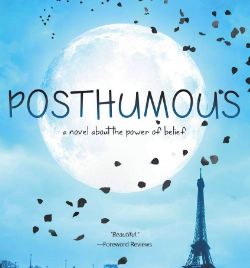



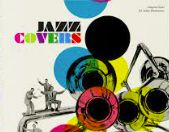


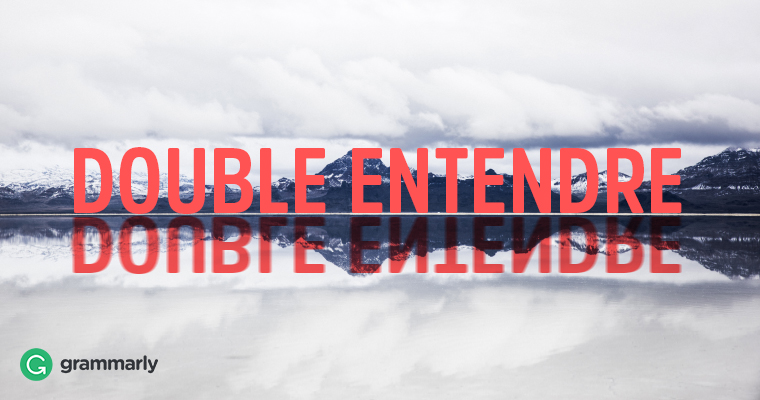


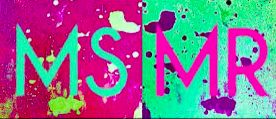






























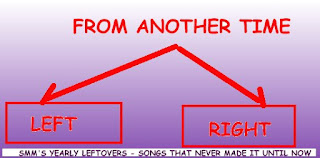











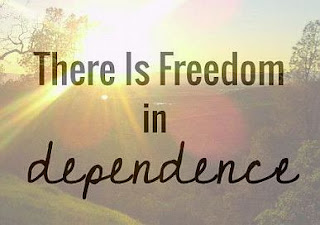

















































































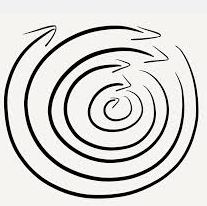








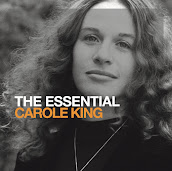

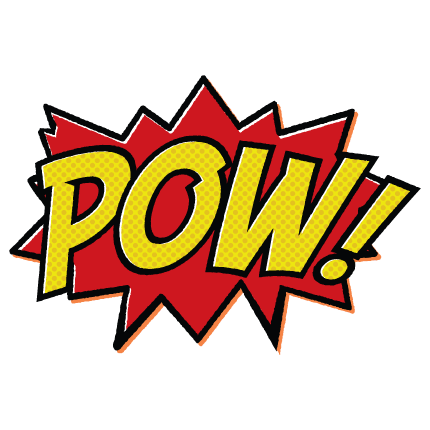

















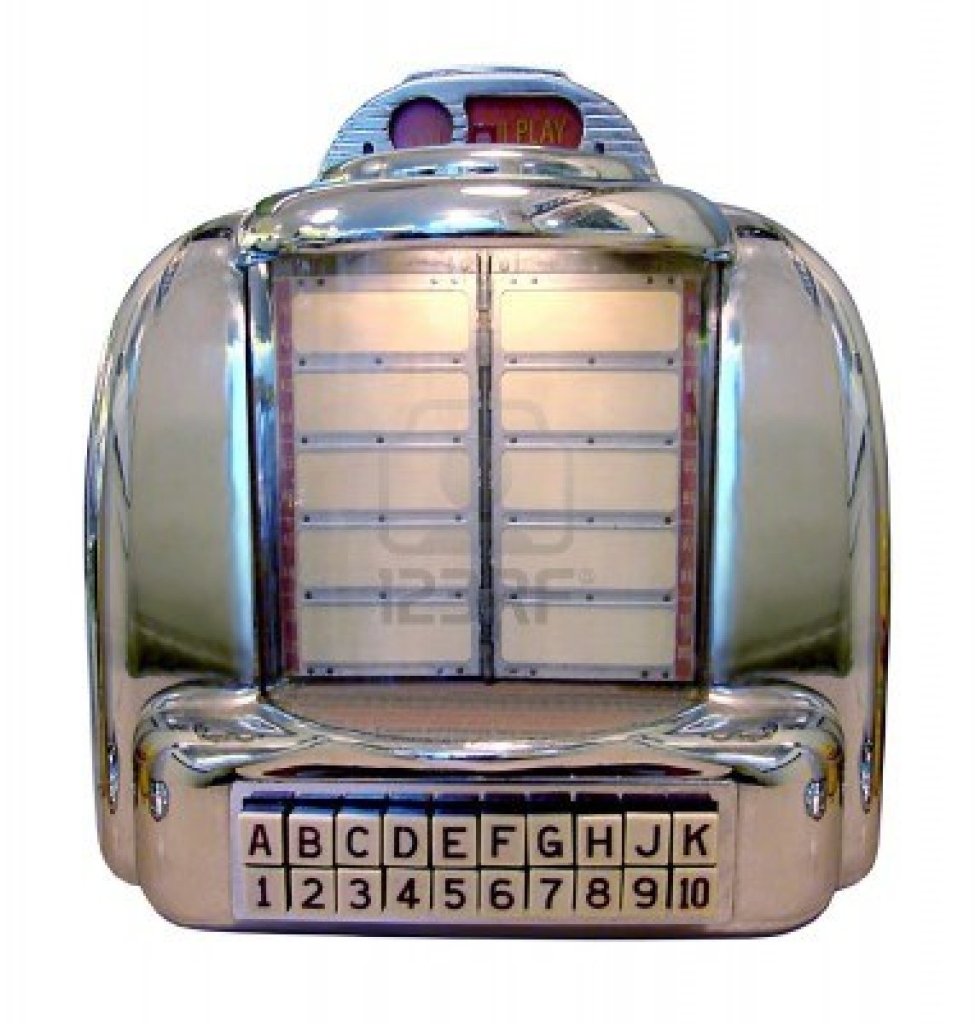







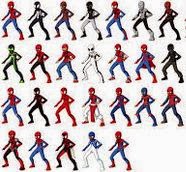
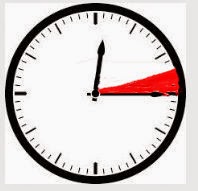

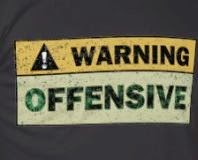


















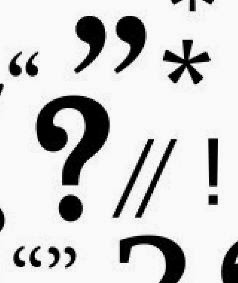



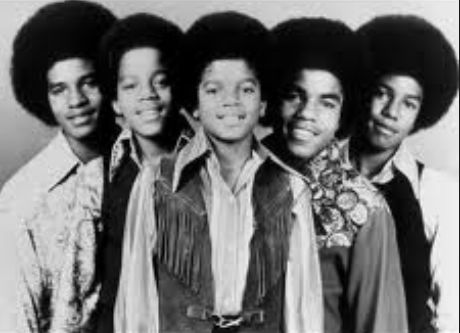
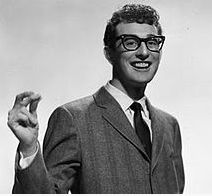



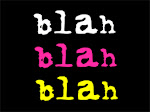
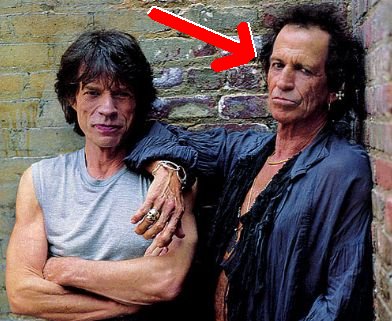














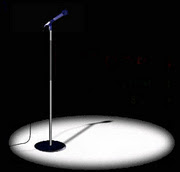










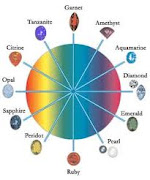
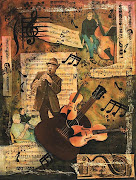


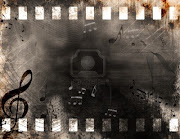
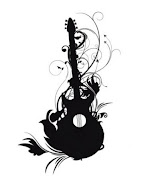
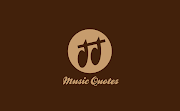




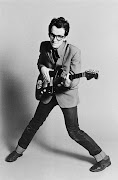


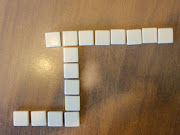
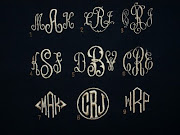








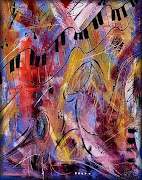
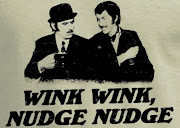



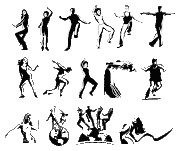









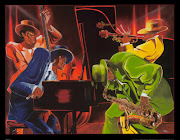



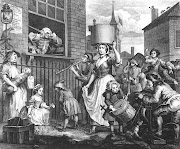





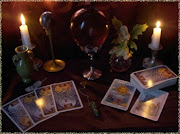




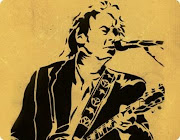
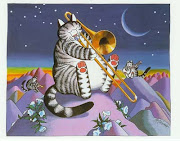
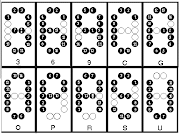
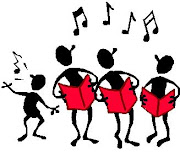



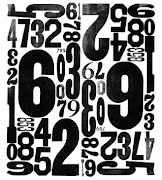
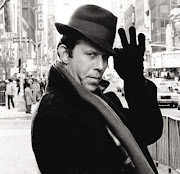


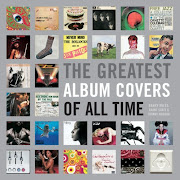


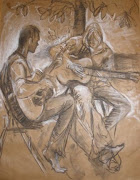

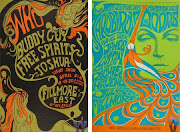

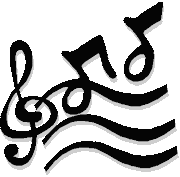

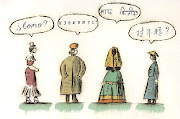
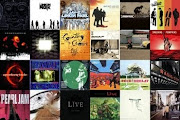


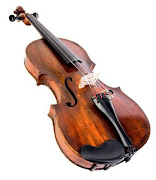



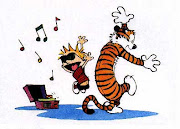







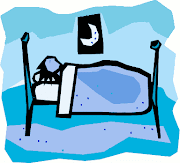




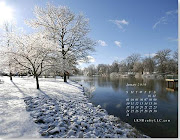


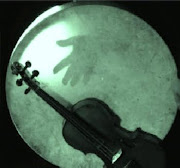

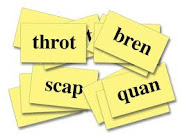


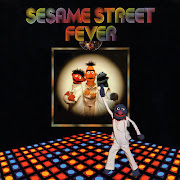



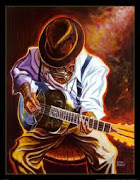
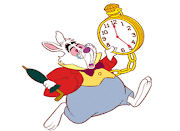
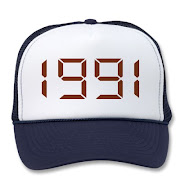
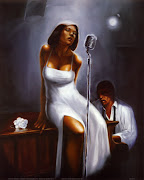

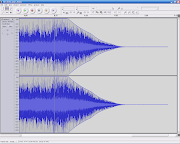
10 comments:
I was just listening to this song this morning. Chord progressions aside, I just love the way the harmonized vocals slide up and down during the chorus - it almost sounds like someone is fiddling with the pitch on a turntable.
Man I don`t know my A from my E when it comes to music but I do know thats one real nice tune...
OK. I'm blown away here. I have no idea how you formatted this thing, but it's pretty cool to read a post a be able to pick up my guitar and play along. Good stuff!
Great idea, Paul...Hey, Brendan, can you post something in D major? I play appalachian dulcimer: no half notes.
Whisky Before Breakfast? that's a D one right?
Oaul, I didn't know how to format that before I viewed the source on the guitar tab page. They use < pre > tags that allow you to space exactly as you want.
I agree that playing an instrument does a lot to intensify one's appreciation of good music, as you said, but I also think it's a double-edged sword. For example: On the one hand, my appreciation for Joni Mitchell, The Beatles, Steven Stills and others always increases dramatically when I learn to play one of their songs, but there are other songs (like Night Moves, to choose a convenient example) that sound great, but when you learn to play them you can't help but think, "That's it?" I'm not disparaging Night Moves or other simple songs -- that song is obviously much more than the sum of it's simple chords -- I'm just saying that sometimes it's surprising how simple some of these massively memorable chord progressions are.
bwr. another perfect example is T-Rex. simplest chord progressions EVER.
Not that I don't agree with you, but finding that in this case didn't turn me off. rather it made me think Bolan more of a genius, that he could use such a simple format and create a whole new sound with it.
BWR -
The point you make is interesting. I'm certainly impressed by unique chords and chord progressions, but when I see what guys like Hank Williams or Townes Van Zandt can do with just three chords it also impresses me, but for a completely different reason. It's really hard to write an impressive and unique song using the same old "tired" chords.
Looks like a "three chords and the truth" theme would be worth doing, eh?
I completely agree. Some of my favorite songs are A - D - E songs. I guess my point was just that learning to play those songs doesn't enhance your appreciation of them in the same way as it does for a more instrumentally complicated song.
But as far as musical enjoyment goes, the complexity of the composition is actually pretty far down the list of relevant factors.
Post a Comment